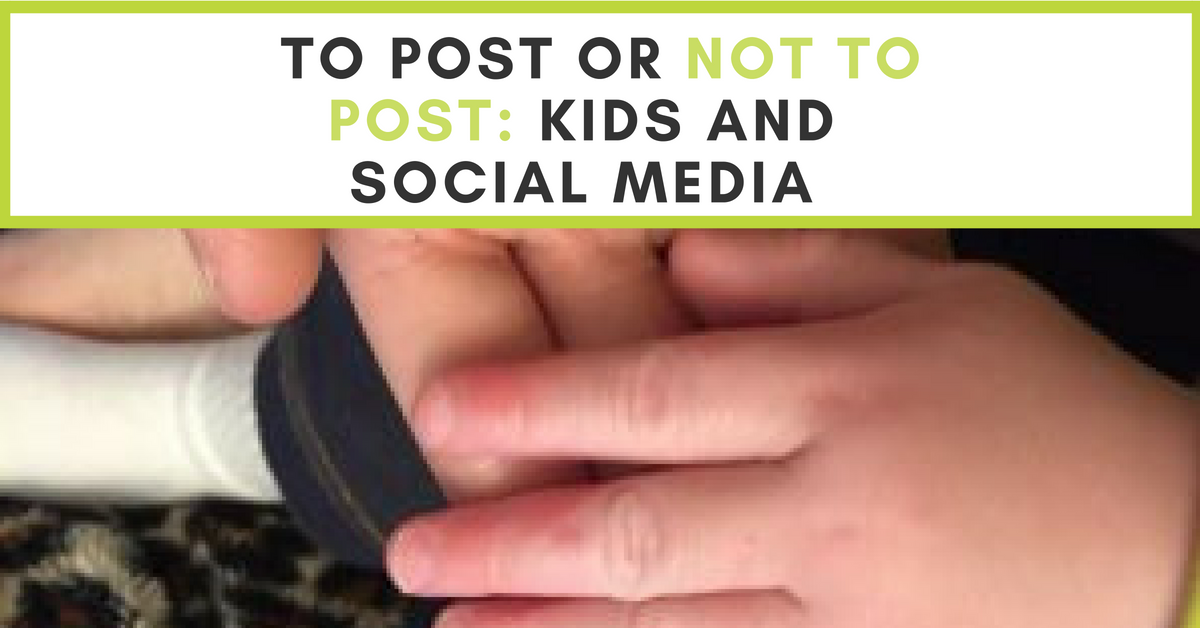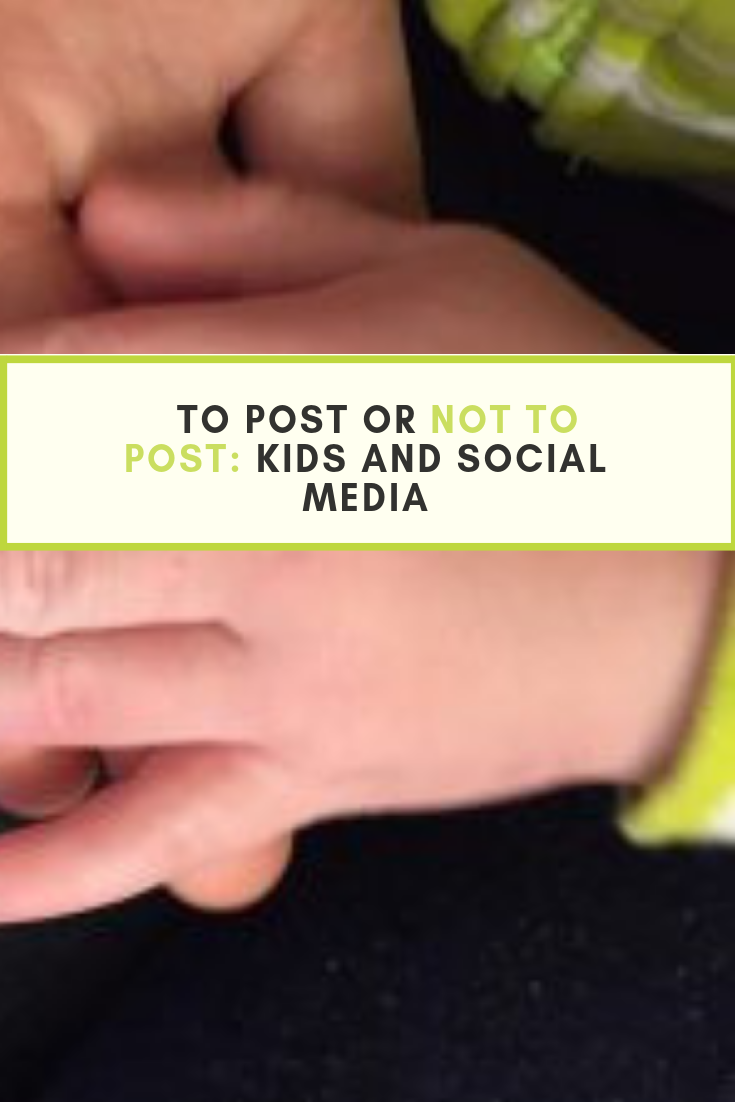The days of your parents showing your embarrassing baby pictures at family gatherings, or sharing photos of your awkward teen years at your wedding, may be long gone. And it’s not because parents are all of a sudden less interested in embarrassing their kids – it’s social media that’s changing the game. From the day children are born, a digital footprint is being created for them by parents. From birth announcements, to photos posted only minutes after coming into the world, this generation, as well as subsequent generations, are having their lives documented for all to see in an unprecedented manner. One spouse actually used Facebook to livestream the birth of his child, with consent from the mother. In some cases, families are even making millions of dollars off of ‘sponsored content’ from not even old enough to count to 10. Is this right or wrong?
Full disclosure, I am myself the parent of a one-year old, with my wife the owner of this company. Before our son was born we agreed that we would limit the amount of content we posted on social media about our son, in particular pictures. We also agreed that we would ask family members not to post pictures of our son on their social media. I myself post very little content about my little buddy, and even fewer pictures. I have friends who are over the spectrum of social media use with their little ones, and I do not judge them for that – your kids, your rules. But there are many things to consider.
First off, really young kids don’t have any idea what is happening when pictures of them are posted on social media. Even if the kids understand that their picture(s) are going out for all to see, I don’t think most children can really grasp the concept that this content will be out there forever. Parents might not also appreciate who exactly is seeing the pictures they post. With constantly changing privacy settings, photos of your baby that you think only family and friends can see may be visible to a much larger audience, especially if shared or re-tweeted by family or friends.
Next comes the idea of sponsored content. Most advertisers these days don’t want their advertising to see like an ad – they’d rather have real-world people testing out their products and giving their honest reviews. This goes especially for kids products, whether it be toys the children would want or something the parent would buy for the child. This brings up issues from both sides: sponsored content is a lot different from a genuine review. Whether or not some receives a product for free, or is paid for the content, you have to question their ability to speak honestly when they have received some in exchange for their time and effort. Second, is whether or not you consider the content, especially when children are involved, is exploitative: check out this article from the CBC to learn straight from some people making this sponsored content.
Finally there are the legal repercussions. There is the distinct possibility that children may take to the courts to have content posted without their permission taken down. A 2016 article in The Guardian discussed French authorities deliberations on whether or not people would be subject to fines for posting content without permission. A popular story was passed around the Internet, also in 2016, of an Austrian teen that was suing her parents in order to have pictures of her taken down (sorry, this turned out to be false). The sad thing is that this story is not beyond the realm of possibility.
In the end it comes down to each parents’ decision about what content they will post or not post about their children. Personally, I would stray more to the side of caution, and not post much of anything, especially pictures, but that is for me. I would hope that all parents take them to time deeply consider what they post, and exactly who might be seeing it (i.e. check your security settings!).

Services
© Copyright JBC Pushing Digital Boundaries



